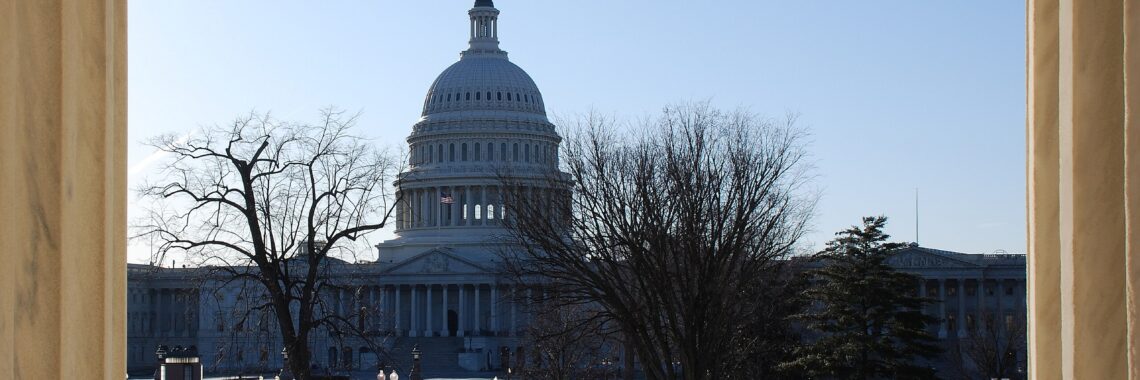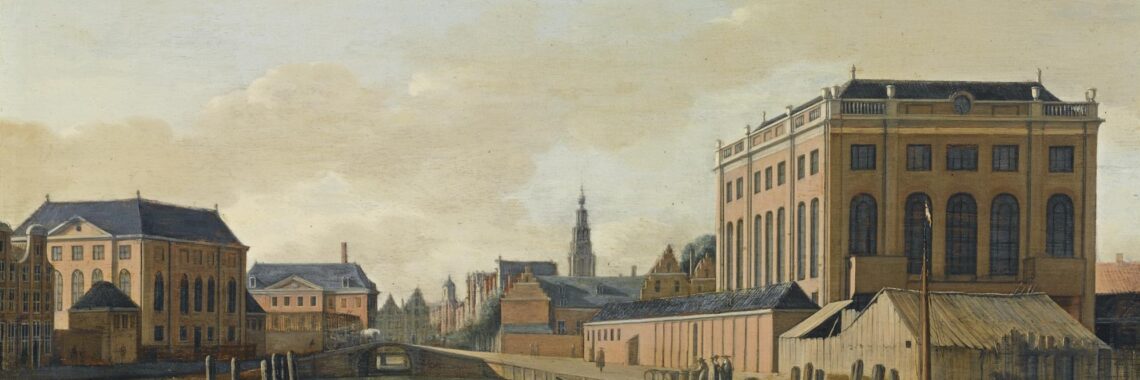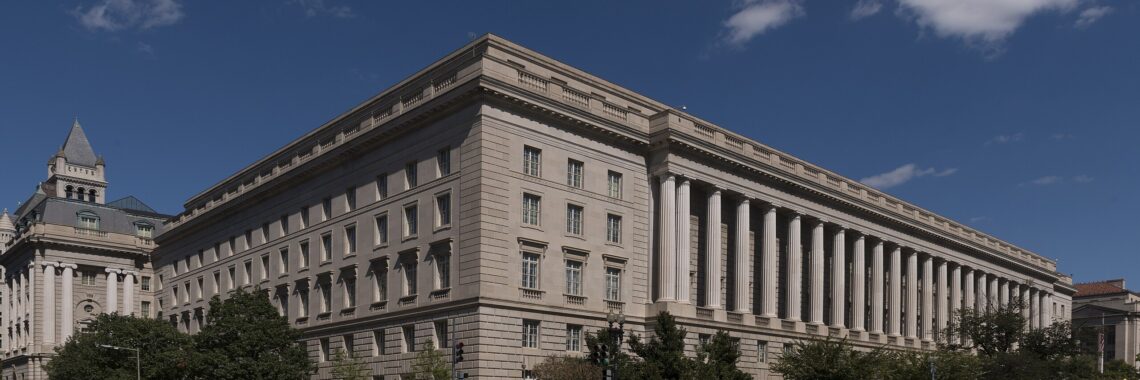“Thou Shalt Not Kill – Abraham Kuyper and the AI Revolution” by Anders Liman
New York, New York by Mario Hains (CC-BY-SA-3.0). In November 2022, OpenAI released ChatGPT to the public, and within five days, the chatbot had acquired one million users. By January 2023, it had become the fastest-growing consumer application in history, with over 100 million monthly active users. The artificial intelligence could write essays, debug code,…











